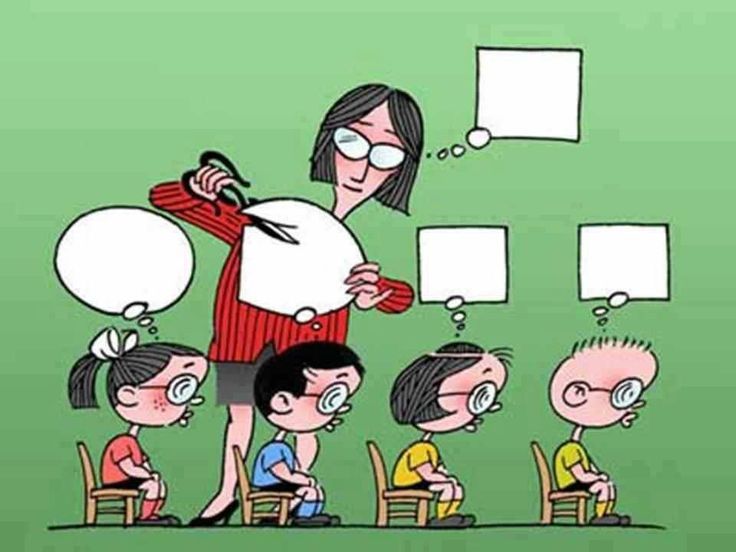Think about a situation like this for a second.
Let’s say you get a chance to talk business with a 30-year veteran of some industry. It can be forks, for all I care, or Persian rugs. The industry doesn’t necessarily matter.
What matters is this guy (probably a guy) is getting “disrupted.” There are upstarts who are beating his company on cost, digital, service delivery, customer experience, or something else. The market share is slipping.
Now, if you asked this guy what he needs to do in terms of the teams under him, this is my prediction on what he’d say:
- “Teams? I can’t worry about that. I need to keep a close eye on the financials.”
- “I need people like me in the foxhole; these are challenging times.”
Both of these answers are wrong. Here is why:
- is wrong because any true “leader” needs to focus on people and teams, as that’s where the work is getting done. The financials you breathlessly analyze are the result of actions from those people.
- is so, so, so wrong that I need a few more paragraphs to explain it.
Northwestern research on conformity
A few years ago, Alvaro Sandroni, a professor of managerial economics and decision sciences at Kellogg, and his colleagues built a model to explore how the strength of a company’s culture can impact its competitiveness. In their model, a strong common culture—one with clearly established norms—tends to attract other likeminded individuals. Over time, the organization becomes even more conforming, as employees who are a good cultural “fit” for the organization disproportionately gravitate toward it, while those with differing perspectives go elsewhere.
Completely true. What really happens is that a certain personality type of “stakeholder” emerges in any given company, and trying to find similar people becomes normative in hiring, largely through referral. (Those stakeholders have friends, those friends have sons, do the math.) This ultimately creates a culture of homophily, where most people with authority to decide things think/feel exactly the same.
What happens, though?
During periods of economic stability, conformity is not a bad thing. In fact, it can be helpful. Coordination and communication become more seamless when colleagues share a common vision for how to move forward.
But when economic conditions change and the status quo is no longer desirable, conformity can become a disadvantage. Strong cultural norms make it less likely that anyone will stumble across a new—perhaps better—opportunity.
Ruh roh.
“The status quo is no longer desirable”
On the one hand: no shit. This is the “VUCA” era.
On the other hand: the status quo matters a huge amount to some people in offices. Why? Because work has nothing to do with innovation and productivity for those people. Work is just about control. The status quo — think “We’ve always done it that way” — makes it easier to control situations and people. If you’re inherently threatened by your perch and eroding skill sets daily (many are), you love the status quo. Who cares if the business thrives against disruption if you might get replaced? Hierarchy of needs.
What “disruption” really is
We keep thinking it has to do with tech. That’s only part of it. Companies get disrupted when their decision-making becomes bloated and hierarchy-driven. That means the simplest task needs 19 layers of approval. Meanwhile, some startup can create a viral tweet or get something to market in three days of all-night burner sessions. If the market likes it, they’re going to do well. It’s that simple. Disruption happens because bigger, more established companies have significantly more layers of bullshit to get through before a true decision can be made.
Where the rubber hits the road on conformity discussions
Most of us probably realize by now, even if we love our jobs, that companies rooted in hierarchy and conformity are usually ultimately pretty bad to work for.
See, we realize this, but that doesn’t mean we necessarily do anything about it. If the hierarchy is working for us, or at least allowing us to pay our bills, we’ll persist — maybe with some job-hopping, sure.
The other issue is that we haven’t actually come up with a better system than hierarchy. We’ve tried stuff like holacracy and “self-management,” but none of that stuff has been taken to scale effectively.
Hierarchy and conformity also comfort our lazy brains. “These people are like me, and I report to that one. OK, I get it…”
So are they good things overall? No. They burn us out and drain our health and energy during the formative years of our lives. We try to raise children while getting drilled from the back by a boss about some deliverables he wants to see at 11pm. That’s hierarchy. It’s also tied to conformity.
But we don’t have a better model yet, and it helps meet our individual needs, so it persists.
The bottom line
If you sense disruption, the natural human reaction is to cling to what you know. (You see this as people break up too.)
In reality, you should probably find people with ideas different from your own. Hit those blind spots. Stop spending time with, and hiring, people like yourself. Break the mold.
Is this counter-intuitive? Very.
Could many companies and bosses do this successfully? No.
But is it the better response to times of “VUCA” and “disruption?”
Quite likely.
